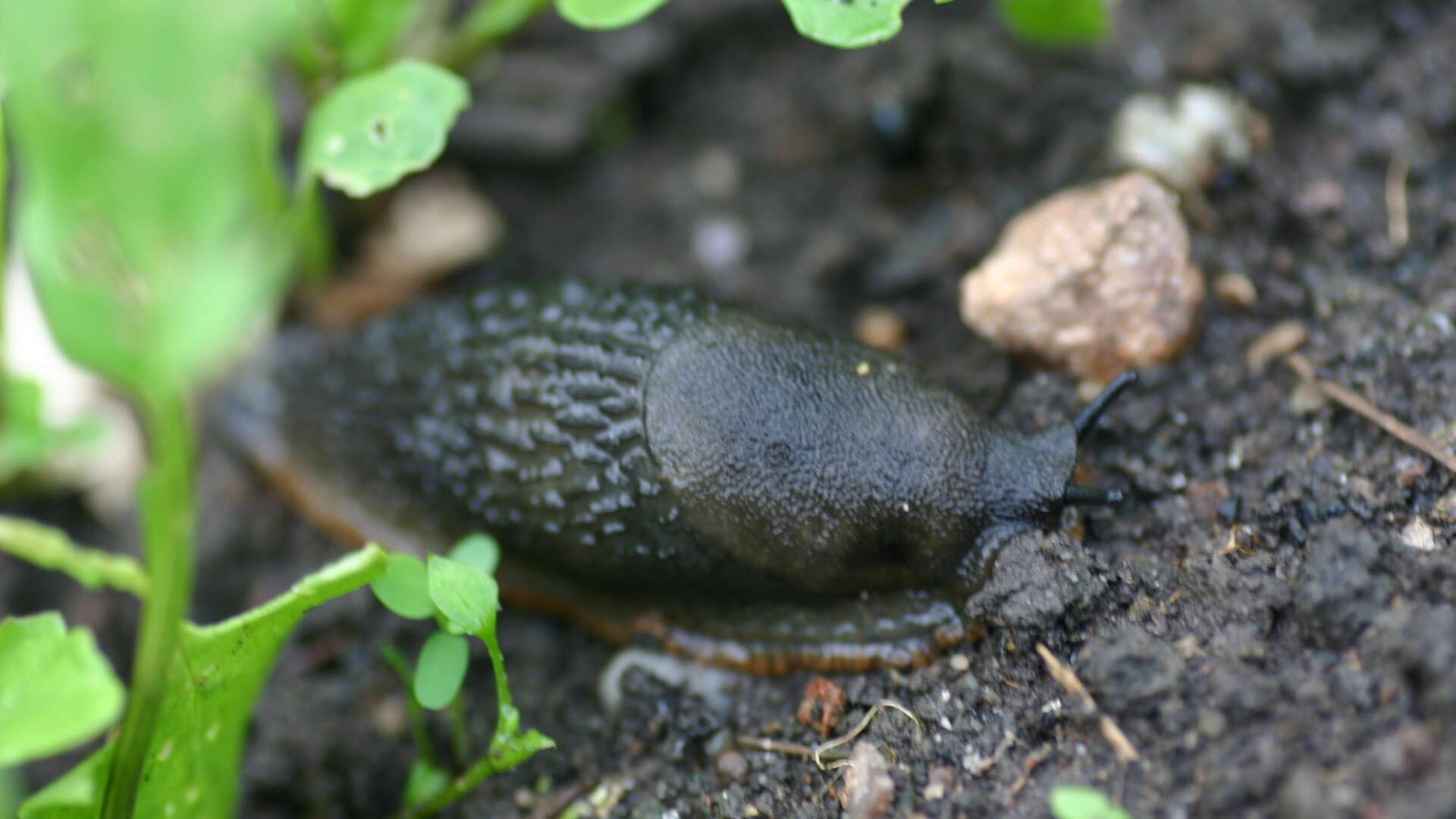Metaldehyde slug pellets - ban overturned
In an extraordinary move, the government has withdrawn the ban on metaldehyde slug pellets.
Despite studies showing metaldehyde poison posing an "unacceptable" risk to birds, fish and mammals, it seems that some commercial growers were not prepared to accept the ban, and took the government to a judicial review, which resulted in the ban being overturned.
Despite studies showing metaldehyde poison posing an "unacceptable" risk to birds, fish and mammals, it seems that some commercial growers were not prepared to accept the ban, and took the government to a judicial review, which resulted in the ban being overturned.

"We hope this is a purely an administrative error on behalf of the government, and we will be urging them to reinstate the ban as soon as possible," says James Campbell, Chief Executive of Garden Organic. "To withdraw the ban flies in the face the rising swell of consumer concern into the impact human behaviour is having on the environment."
Slug pellets containing metaldehyde, a particularly toxic poison which not only kills molluscs but can affect other wildlife, were banned from sale at the end of June. Alternative pellets containing ferric phosphate have been proven to be just as effective, and are suitable for use (sparingly) in the organic growing area.
Our advice is as follows:
"Ferric phosphate based pellets: These pellets are classified as suitable for use by the organic grower. They contain ferric phosphate or iron III phosphate, which affects the calcium metabolism in the gut system of snails and slugs causing them to stop feeding and die within three to six days. Although the ferric phosphate is less toxic than metaldehyde, there remains the problem of the other ingredients in the tablets - known as chelators. These chemicals help bond the iron molecules and make them more toxic to the molluscs. Unfortunately they also affect earthworms, and, if consumed in large quantities, can poison pets.
Our advice is to use these pellets only as a last resort. To use them sparingly, and store them safely."
Our advice is to use these pellets only as a last resort. To use them sparingly, and store them safely."
See here for other ways to manage slugs and snails.